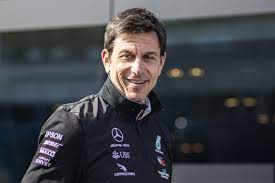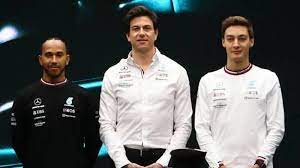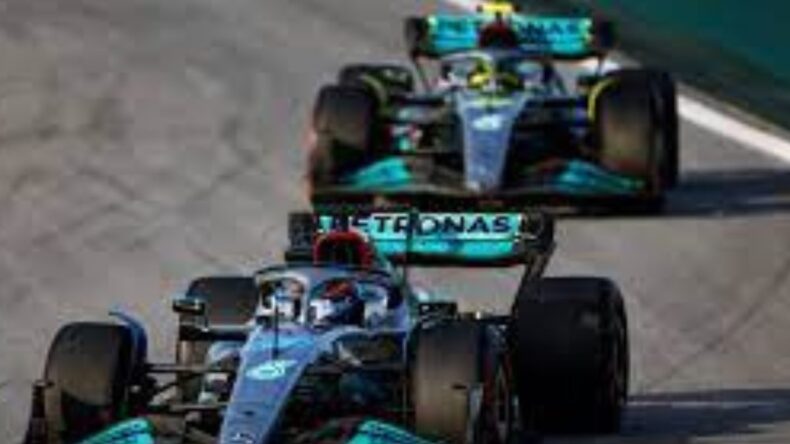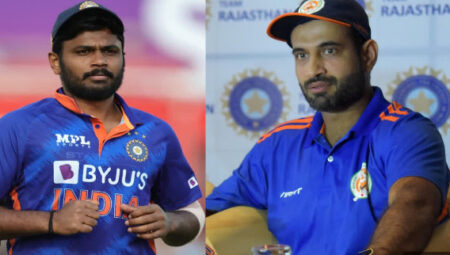The Mercedes-AMG Petronas Formula 1 team has had a difficult start to the 2024 F1 season. The team has not won a race since the 2022 Bahrain Grand Prix, and they are currently second in the constructors’ championship.
Toto Wolff, the team principal of Mercedes, has insisted that the team will not adopt a blame culture despite their recent struggles. Mercedes has not won a race since the 2022 Bahrain Grand Prix, and they are currently third in the constructors’ championship. However, Wolff believes that the team’s no-blame culture is essential for their long-term success.
Table of Contents
Wolff: “We need to keep our positive mindset.”
Their struggles have been attributed to a number of factors, including a new car design that has not been as effective as they had hoped and the fact that their rivals, Red Bull and Ferrari, have made significant improvements to their cars.
“We need to keep our positive mindset,” Wolff said. “We need to be open and honest with each other, but we also need to be supportive. We can’t afford to start pointing fingers and blaming each other. That will only make things worse.”
Wolff’s comments come after some reports that there has been some tension within the Mercedes team. However, Wolff has denied these reports, saying that the team is united and determined to turn things around.
“We’re all working hard,” Wolff said. “We’re all committed to getting back to winning ways. We know it won’t be easy, but we’re up for the challenge.”

Mercedes has not won a race since the 2022 Bahrain Grand Prix
The no-blame culture is something that Wolff has instilled in Mercedes since he took over as team principal in 2013. The culture is based on the belief that everyone in the team is responsible for the team’s success and that no one person should be blamed for any mistakes.
As of August 13, 2024, Mercedes is third in the constructors’ championship with 233 points. Red Bull is in first place with 310 points, and Ferrari is in second place with 287 points. George Russell is in fourth place in the drivers’ championship with 118 points, and Lewis Hamilton is in sixth place with 89 points.
It remains to be seen whether Mercedes will be able to turn things around in the second half of the season. However, the team has a strong history of bouncing back from adversity, and they will be determined to get back to winning ways.
Wolff says the no-blame culture is essential for Mercedes’ long-term success
The no-blame culture has helped Mercedes achieve great success in recent years. The team has won eight consecutive constructors’ championships and seven drivers’ championships. However, the culture has also been tested in recent months as Mercedes has struggled to keep up with its rivals.
Despite the struggles, Wolff believes that the no-blame culture is still essential for Mercedes’ long-term success. He believes that the culture creates a positive and supportive environment in which everyone can feel comfortable taking risks and making mistakes.
“We need to be able to learn from our mistakes,” Wolff said. “We can’t afford to be afraid of making mistakes. We need to create an environment where everyone feels comfortable taking risks.”

The no-blame culture is not without its critics. Some people believe that it can lead to a lack of accountability. However, Wolff believes that the benefits of the culture outweigh the risks.
“I think the benefits of the no-blame culture are clear,” Wolff said. “It creates a positive and supportive environment where everyone can feel comfortable taking risks and making mistakes. That’s essential for success in any team sport.”
The team is currently third in the constructors’ championship
Despite their struggles, Mercedes has had some bright spots in the 2024 season. George Russell has been consistently performing well, and he is currently in fourth place in the drivers’ championship. Lewis Hamilton has also had some strong races, but he has been hampered by reliability problems.
Mercedes’ best result of the season so far came at the Miami Grand Prix, where Russell finished second and Hamilton finished fourth. The team also finished second in the constructors’ championship at the end of the first half of the season.
However, Mercedes is still a long way off challenging for race wins or the championship. The team will need to make significant improvements to their car if they want to be competitive in the second half of the season.
Only time will tell whether Wolff’s decision to maintain the no-blame culture will pay off. However, there is no doubt that culture is a key part of Mercedes’ identity. It is something that has helped the team achieve great success in recent years, and it is something that Wolff believes will be essential for their future success.













